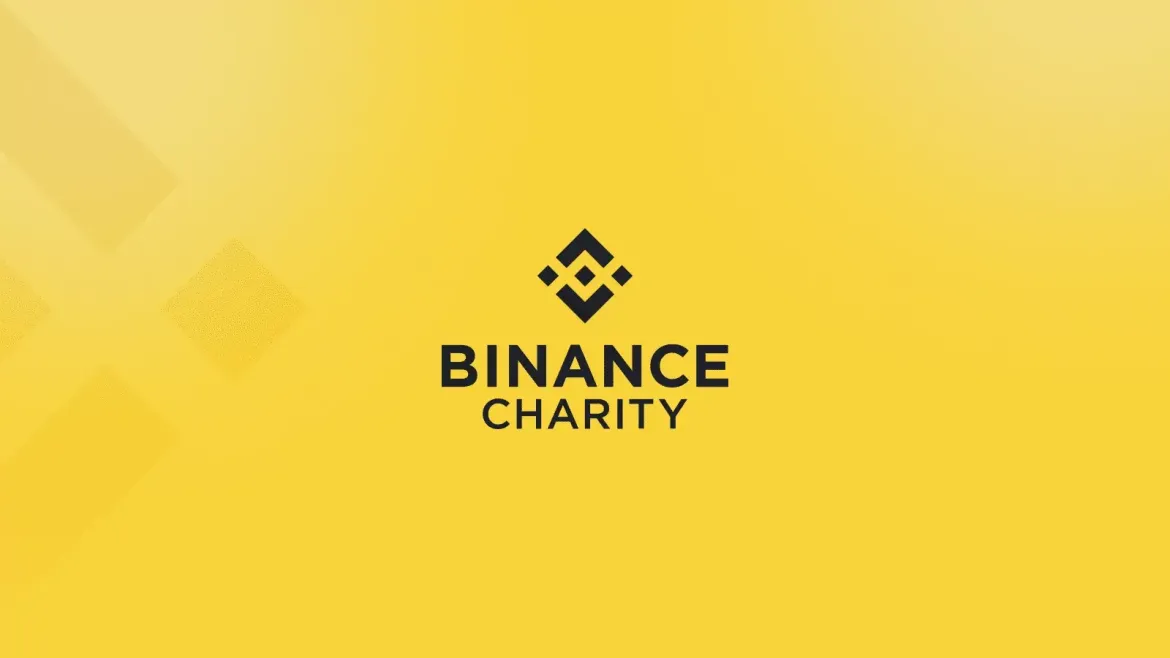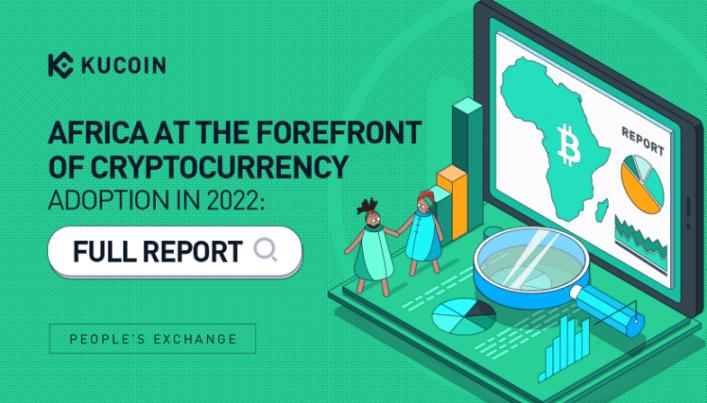Africans are the Least hit in $5.9bn Global Cryptocurrency Scams

According to The East African, African investors may have experienced the lowest percentage of cryptocurrency investment fraud, which totaled $5.9 billion last year globally.
Yet, many investors on the continent fell victim to investment and giveaway scams, indicating the danger of a strong desire to join in the mania.
According to a survey by blockchain analysis company Chainalysis, Kenya, Nigeria, and South Africa were among the top nations from where scammers used these tricks to gain the most cash per user last year.
Giveaway scams, in which con artists deceive users into handing them their cryptocurrency assets in exchange for more, were most prevalent in Kenya and Nigeria, which are also the countries with the highest rates of crypto adoption on the continent.
Investment scams, in which fraudsters advertise a nonexistent investment organization promising enormous profits, were the main cause of loss for South Africans in the market.
However, a number of other scams in the cryptocurrency sector targeted investors in regions with larger levels of crypto adoption, such as North America, Europe, Australia, and Asia, while sparing the African people.
For example, impersonation scams, which cheated investors out of an average of $5,746 each last year, and romance scams, which scammed users out of about $15,559 each, largely occurred in the US, Canada, Europe, and Australia.
The two most common scams in Africa—giveaway and investment fraud—priced victims, on average, $1,834 and $995 apiece, while Non-Fungible Token (NFT) fraud cost users, on average, $462 each.
According to Chainalysis, the locations of those who were duped into giving their personal information for cryptocurrency last year were “likely owing to the location of the fraudsters themselves, as this will effect their ability to pitch victims based on their shared language and cultural background.”
Yet, the regional patterns in scams also coincide with the patterns in the larger cryptocurrency ecosystem, according to Chainalysis.







